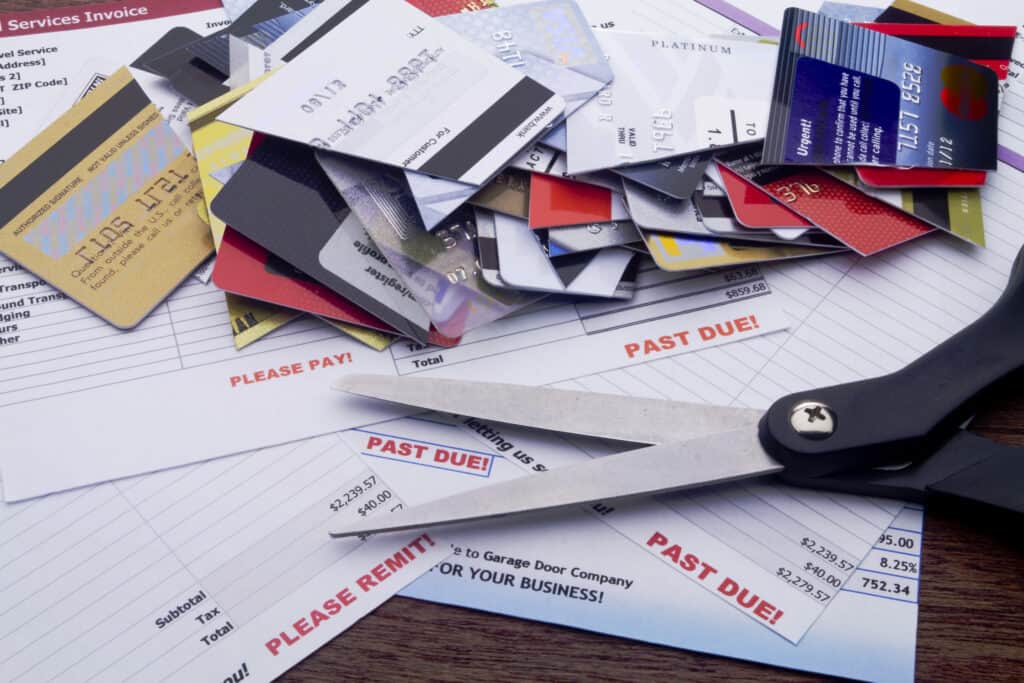How to Pay Down Debt When Preparing for a Mortgage

Think you might have trouble qualifying for a mortgage because your current credit load is a little on the high side? You’ll want to speak directly with a loan officer to get a bit more specific but if you want or need to pay down debt before applying for a mortgage, there are some things you need to know.
 There are two classifications of monthly payments lenders pay attention to. The first compares the total monthly mortgage payment with gross monthly income. The second looks at the first combined with all other monthly credit obligations such as a car or credit cards. Most loan programs like to see the front ‘ratio’ be around 33 percent, expressed as 33. The back ratio likes to be around 43. Both of these numbers can be a bit flexible so make sure you don’t prequalify yourself on your own. Too many times potential borrowers run their own numbers and mistakenly assume they can’t qualify.
There are two classifications of monthly payments lenders pay attention to. The first compares the total monthly mortgage payment with gross monthly income. The second looks at the first combined with all other monthly credit obligations such as a car or credit cards. Most loan programs like to see the front ‘ratio’ be around 33 percent, expressed as 33. The back ratio likes to be around 43. Both of these numbers can be a bit flexible so make sure you don’t prequalify yourself on your own. Too many times potential borrowers run their own numbers and mistakenly assume they can’t qualify.
If you do want to pay down your debt, for whatever reason, there are ways to do it. The first one is to pay down existing credit balances. That seems a bit obvious I know but it’s also good to know how far down to pay these balances. Lenders do want to see some credit usage so paying down your balances to zero might not be as big of a benefit as one might think. It helps, don’t get me wrong. But the ideal credit balance seems to be around one-third of credit lines. You can pay this down in one lump sum or by making extra payments each month.
Another tip is to pay down installment debt to less than 10 months remaining. Most loan programs ignore installment debt when there are less than 10 months on the note. If you’ve got a car payment with less than 10 months remaining, it won’t be counted. A car loan is a good example. Speaking of car loans, a leased automobile with less than 10 months remaining will cause some additional paperwork. Lenders know that at the end of the 10 month period, you’ll need to return the vehicle to the dealership or otherwise secure financing to replace the lease with a new installment loan.
One final note. If after submitting your loan application and the lender says you need to lower your ratios by paying down some outstanding debt, you can do that as well. As long as the lender says its okay while the loan is still in process, this will lower your monthly credit payments. If this is permitted, be prepared to provide sufficient documentation that you have enough verified assets to both pay down the debt to acceptable levels while at the same time leaving enough funds available for ‘cash reserves.’ Cash reserves are funds that are required to be untouched after the loan has closed. Lenders want to make sure you have some money left over when the dust settles. Six months or so of monthly payments is typically enough to meet a reserve requirement.
Your loan officer can walk you through debt reduction both before and after submitting an application. Just make sure you don’t try to do this on your own, you need some guidance with this.
